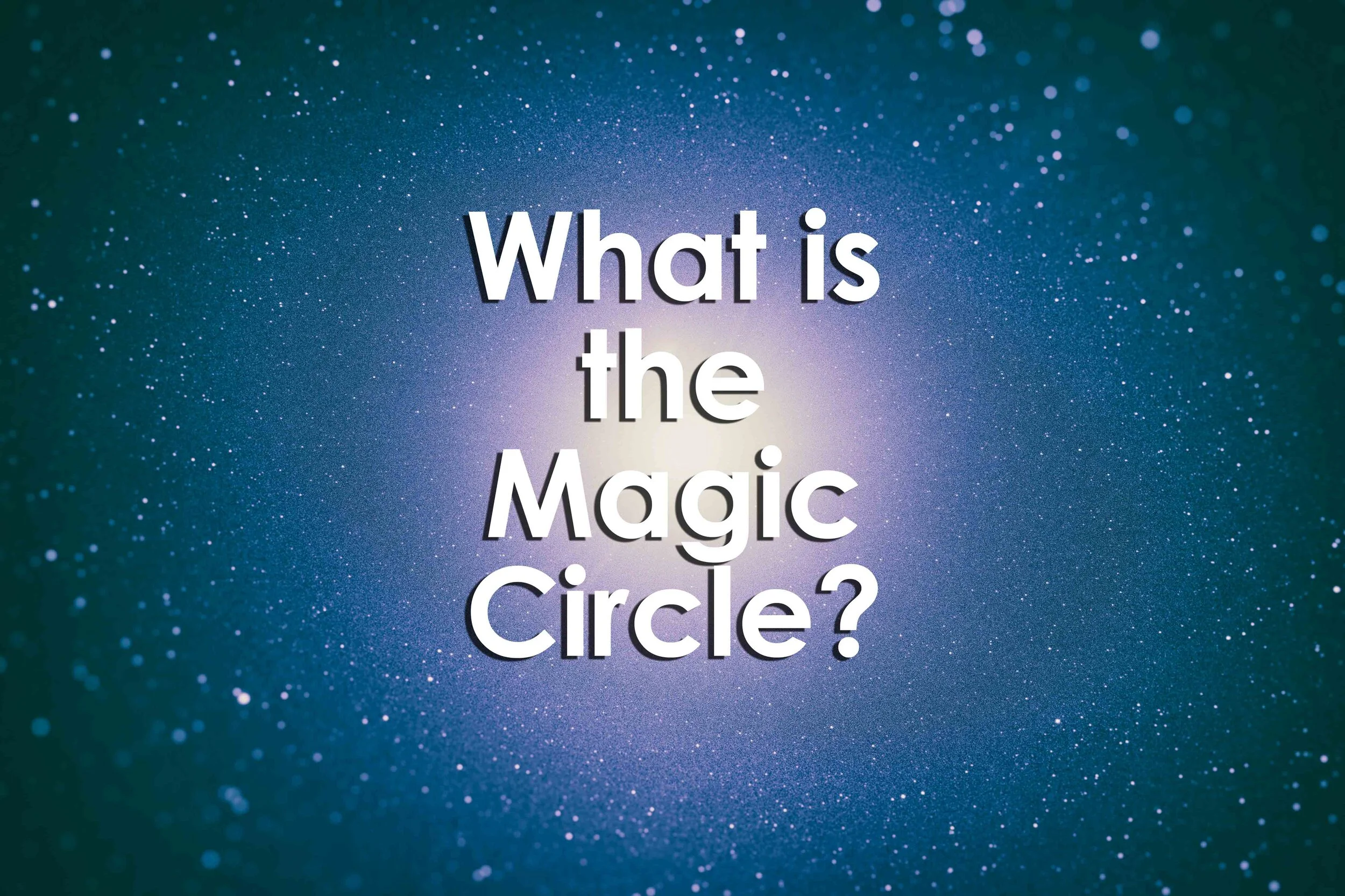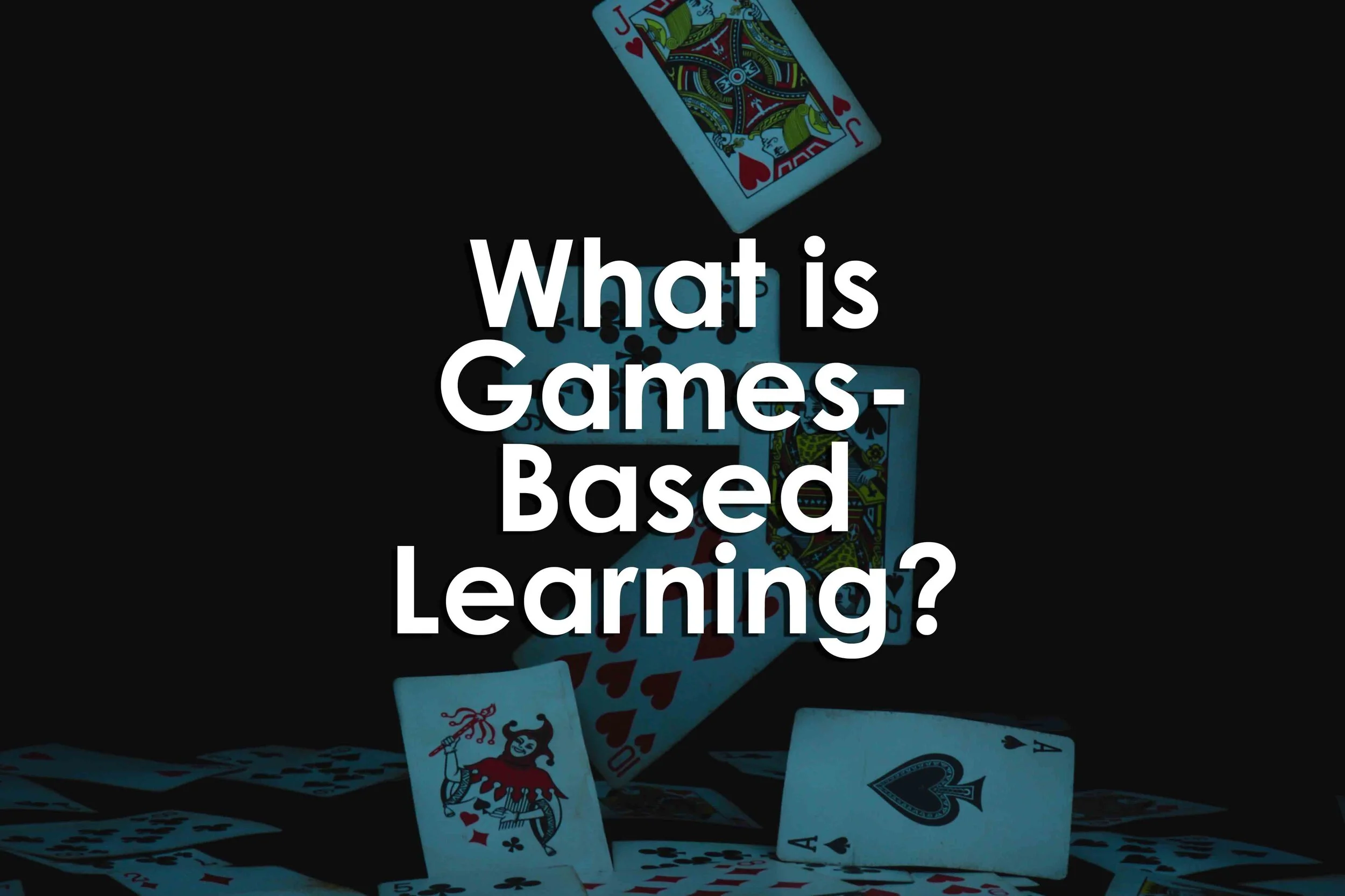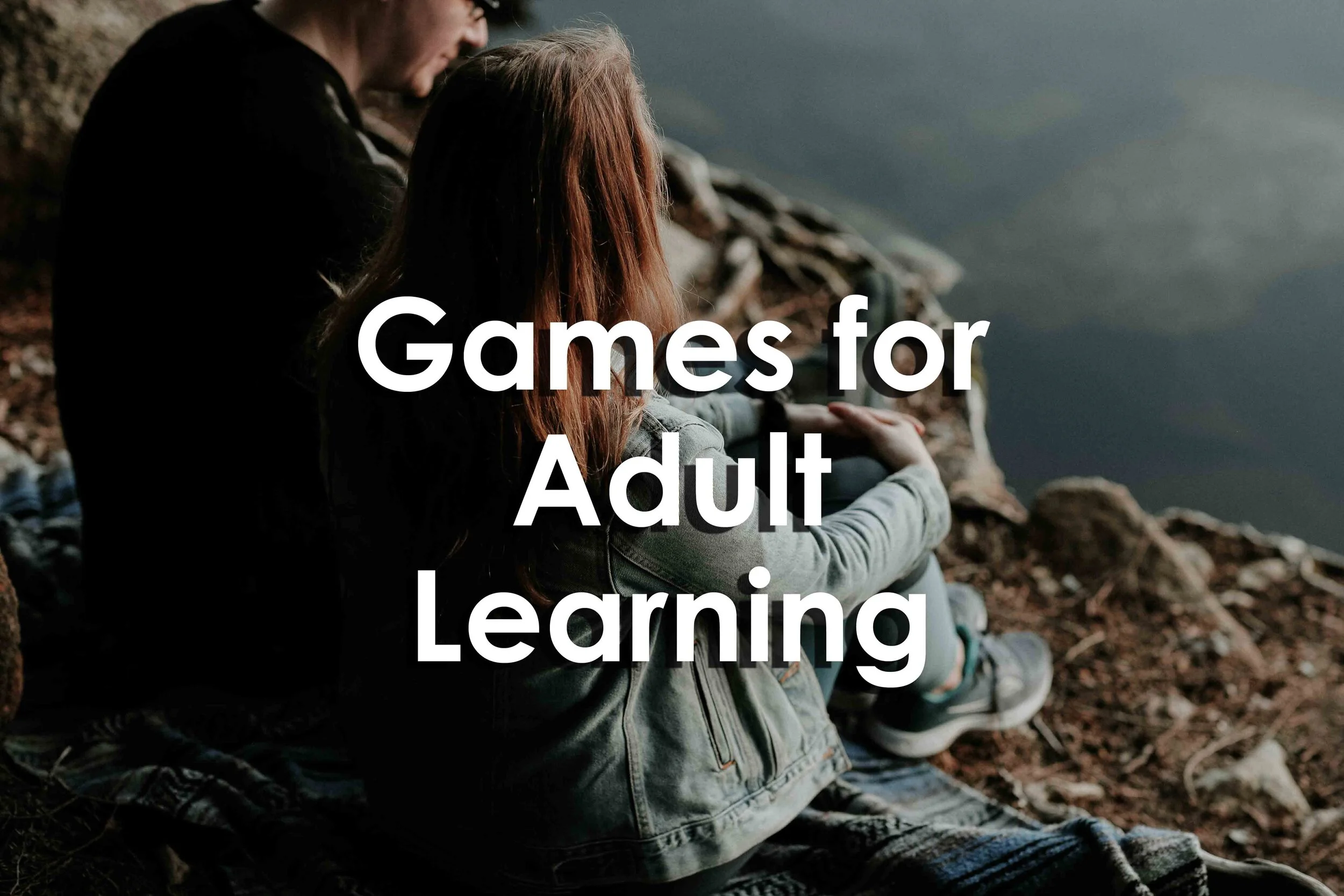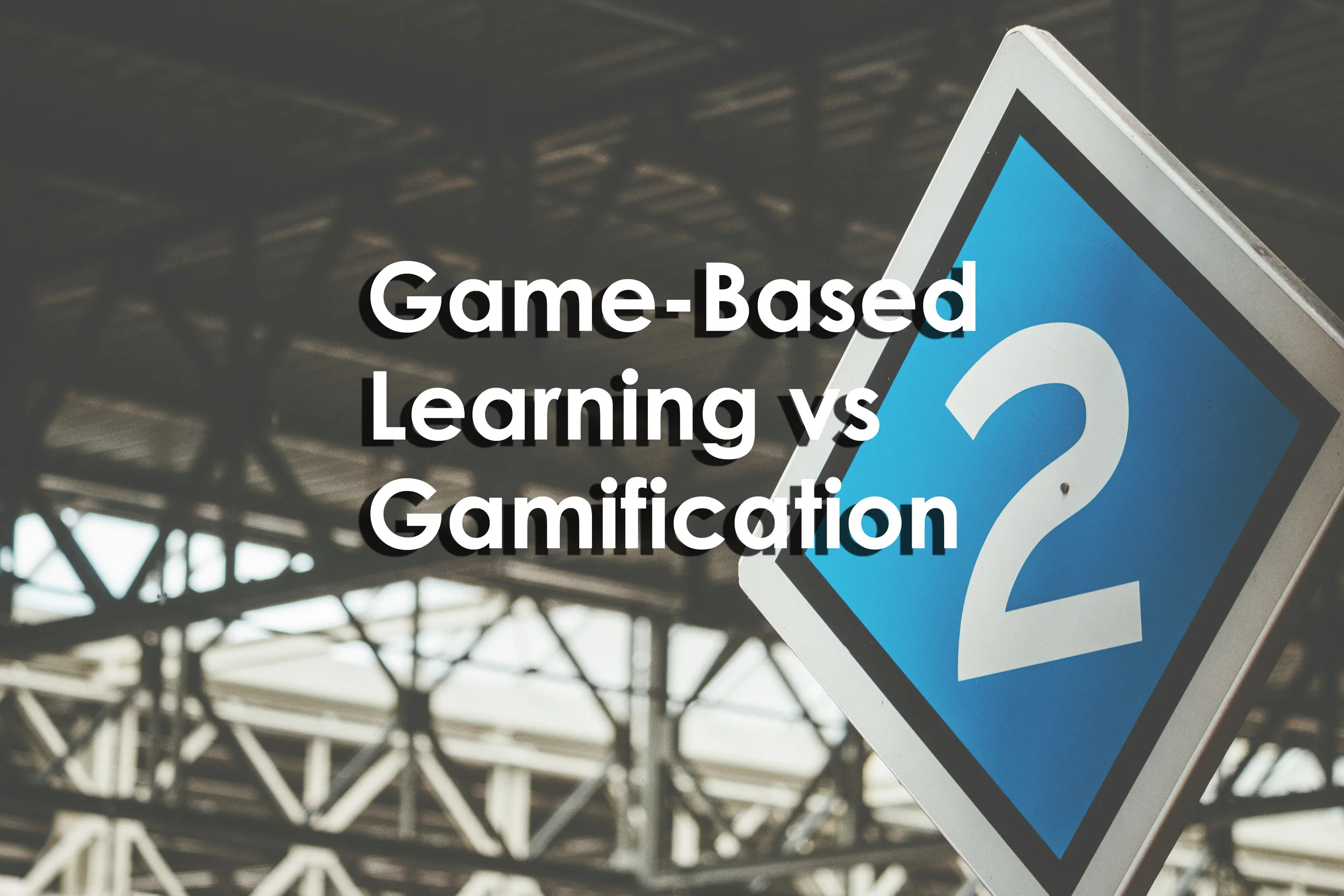This article will define tactics and strategy and then compare the two in both structure and application. Both tactics and strategy have a specific and special relationship with one another. This relationship often defines the philosophic considerations of what exactly goes into tactical and strategic decision making. This relationship will be explored through several different examples of tactics across different domains.
Read MoreThis article will explore some larger concepts such as “What is meaning?” More specifically, the article will attempt to define what meaning making is as well as how it is connected to meaningful play. Developing an understanding about how making occurs is important to addressing how meaning making and learning are connected. Only then can meaning making through games and game play be further explored. This article will discuss the meaning making process for players in games; game structure; and game mechanics.
Read MoreThis article will examine game play; player experience; and game design focused around the player count for games. Games will be divided up and examined by player count in this article which includes single player games; two player games; four player games; small group games of 5-8 players; big group games of 8+ players; mega games; and massive multiplayer online games. Game size and the player experience will be examined in addition to how to integrate player count in game design. Games sometimes include “dummy” player mechanics. These dummy players mimic or replicate other players in the game. These mechanics and how they are reflected in the player experience will be examined.
Read MoreThis article will review the origins of the word “grok” as well as its definitions and what it means. Grokking has been closely attributed to game play and game design; however there are connections to “grokking a game” and mastery learning. This connection will be reviewed in greater depth as well as how curriculum design, student experience, and instructor interaction influences mastery learning. Games-based learning practitioners will learn how to adapt the concept of “grokking” to mastery learning and how to implement feedback loops in mastery learning through games-based learning.
Read MoreThis article will provide an overview of self-determination theory and how the three needs of autonomy, competency, and relatedness influence player motivation. Intrinsic vs. extrinsic motivation will be discussed in addition to how feedback loops affect the player experience. Self-determination theory in its application to both games and games-based learning will be shared. Self-determination theory’s applications outside of games and teaching will also be discussed.
Read MoreThis article will answer the question “What is the magic circle?” In addition, it’ll address the magic circle as the “separate and special place” in gaming. Characteristics and locations of the magic circle will be discussed as well as how players cross into the magic circle. Players’ rules and roles within the circle as well as their return to “reality” are covered in this article. Finally, this article closes on using the magic circle in games-based learning as well as some criticisms around its use.
Read MoreThis article covers why we should use games for learning as well as includes a definition of games-based learning. Games-based learning often gets confused with gamification; so this article will discuss the differences between the two. Lastly, the article will cover how skills are developed through games-based learning as well as how to use games-based learning in your own practice.
Read MoreThis article will provide a very broad and generalized overview of the different components that make up table top games. Disclaimer though: this list is not meant to be comprehensive or completely inclusive. Of course, there are opportunities to discuss and debate the use of these different components. As those are discussed the list and applications of game components will continue to expand. This article will cover what these game components are as well as sort them into applicable areas.
Read MoreThis article answers the question: “What is an orthogame” as well as reviews the characteristics of orthogames. Orthogames will also be compared against competitive gaming and casual gaming.
Read MoreThis article will review some of the positives of including games in adult learning and development. The application of games compared to other activities will be discussed as well as some digital applications of games based learning.
Read MoreBoth gamification and games-based learning have entered popular culture. That means there’s been debate and misunderstanding about what they are; what they’re used for; and what differentiates them. Some people want to use games-based learning when they mean gamification. Others want to use gamification when they should use games-based learning. Just what is the difference between games-based learning and gamification?
Read MoreNarratives, toys, puzzles, and games all share some similar characteristics. But what makes them different and how do games tie them all together?
Read MoreOne of the most characteristic things about today’s crop digital games is the grind. The grind, grindyness, or grinding aspect of some games is an aspect that most gamers have experienced at one time or another. But what does that mean? How do players experience it? How can designers and educators of games-based learning address the grind in our designs?
Read MoreGames and simulations are two things that seem talked about in the same circles. Sometimes they even get misinterpreted for one another. They do share some of the same characteristics; but games and simulations are different from one another.
Read MoreGames have goals. Classes have outcomes. Learning outcomes are a way for faculty, educators, and instructional designers to form and shape how a class will be structured. Game designers also form and shape the player’s experience through structures, loops, and other activities. Some may think that these two areas are completely separate. But when taking advantage of games-based learning, they become one and the same.
Read MoreWhat is a game? What makes a game? Games have been part of human history for many years. But do we even know what we are playing? What makes them fun, interesting, unique, and engaging?
Read MoreThis is a question that never comes up in my presentations: “What makes games so appealing?” Usually people already know the answer. So, they don’t ask the question. Lots of people have different reasons why they play games: because they like the characters or the story. Because they want to escape from their everyday lives (if only for a few minutes). Some like the challenge that games provide while other people like socializing around games. But another reason that makes so appealing? It’s because they are constantly changing.
Read More
















